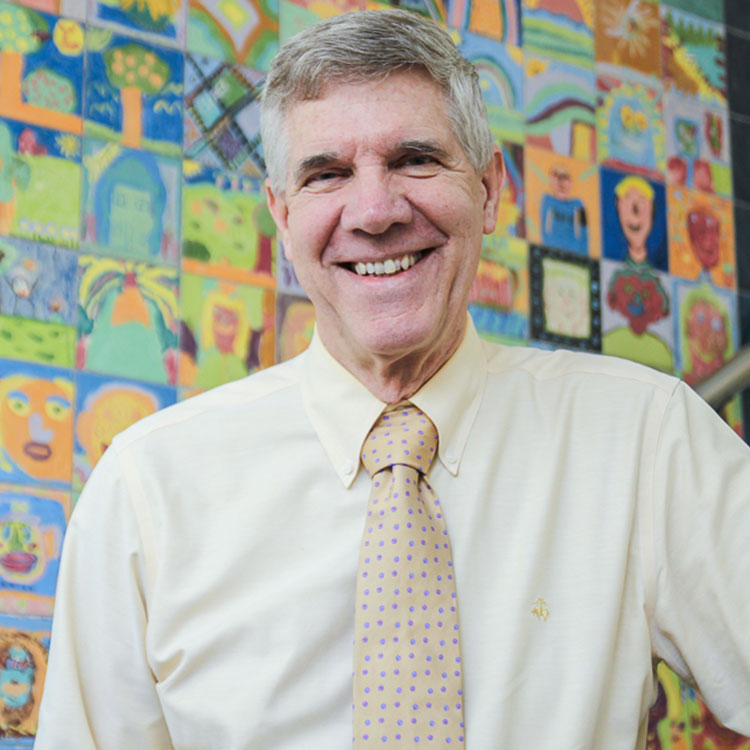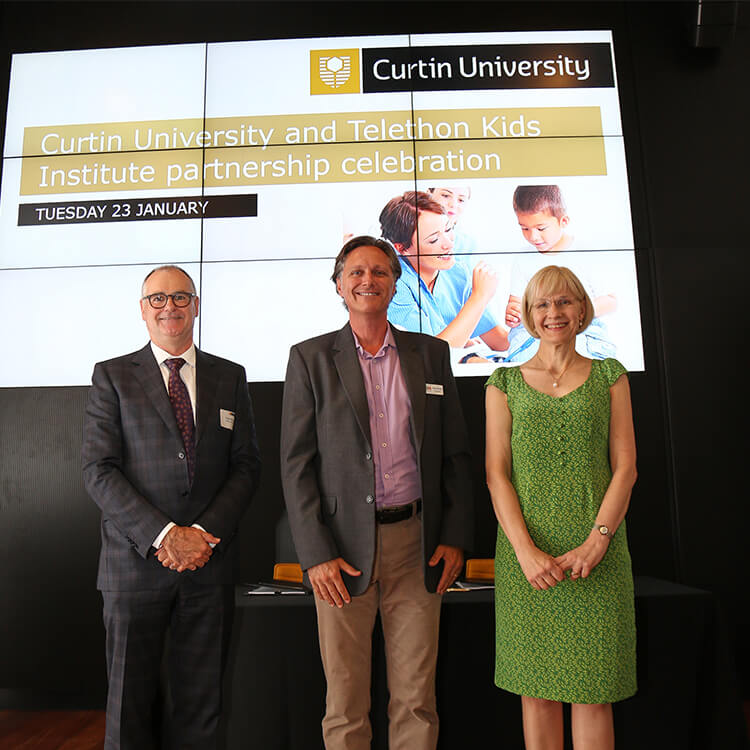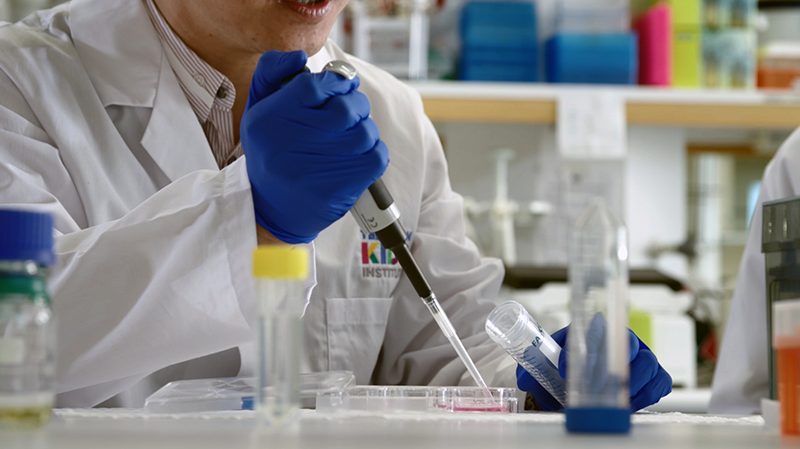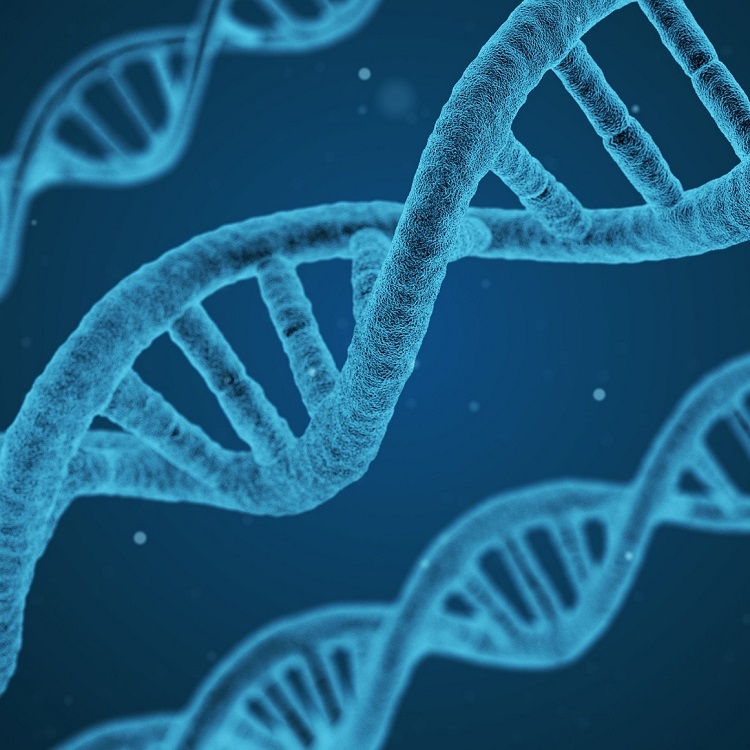Search
Research
Children's Anxiety in the Perioperative Environment: A Qualitative Exploration With Children, Parents and Staff at a Tertiary Paediatric HospitalPerioperative anxiety is a common and distressing aspect of anaesthesia for many children, resulting in management challenges at the time of anaesthesia and potential physical and psychological adverse outcomes. We conducted this qualitative phenomenological study to explore the perspectives of children, parents and staff on perioperative anxiety in our institution. Planned recruitment was 20 each of children who had undergone elective anaesthesia, their parents and staff.
Research
What is it like living with X-linked hypophosphatemia?: results from an Australian consumer surveyX-linked hypophosphatemia (XLH) is a rare, X-linked dominant condition with a high burden of both physical and psychosocial disease. This study aimed to describe the experience and burden of disease for children and adults living with XLH in Australia by inviting affected individuals and their carers to complete an online questionnaire. Of the 46 responses, half were completed by a person with XLH, and half by carers. Thirty percent were male, 33% were aged less than 18 yr.
Research
Parents’ Work–Family Conflict and Children’s Emotional Well-Being: The Mediating Role of Parenting BehaviorsDespite growing evidence that parental work–family conflict (WFC) affects children’s emotional well-being, little is known about the multiple pathways underlying such effects. This study examines the association between parental WFC and children’s emotional well-being and the potential mediating role of parenting behaviors in this process.
Research
Six cases of ENPP1 pathogenic variants causing autosomal recessive hypophosphatemic rickets type 2 and generalized arterial calcification of infancyAutosomal recessive hypophosphatemic rickets type 2 (ARHR2) and generalized arterial calcification of infancy (GACI) occur secondary to biallelic ectonucleotide pyrophosphate/phosphodiesterase 1 (ENPP1) loss-of-function pathogenic variants. GACI is a life-threatening condition, often presenting in the neonatal period with heart failure and hypertension, caused by calcification of the media in large- and medium-sized arteries.
Research
Evaluating the impact of the ‘Blow, Breathe, Cough’ health promotion intervention in resolving otitis media with effusion in children: An adaptive randomized-controlled trial protocolOtitis media with effusion (OME) affects hearing, speech development, and quality of life (QoL) in children. The 'Blow, Breathe, Cough' (BBC) intervention promotes nasal, respiratory, and middle ear clearance through nose blowing, deep breathing, coughing, and hand hygiene. It shows promise in resolving OME but lacks randomized-controlled trial (RCT) evaluation. This paper presents a RCT protocol evaluating BBC's effect on OME resolution, hearing, speech, and QoL in children aged two to seven years.
Research
“Our kids are our future”: Barriers and facilitators to vaccine uptake and timeliness among Aboriginal children younger than five years in Boorloo (Perth), Western AustraliaRates of several vaccine preventable diseases, and associated hospitalisation, are higher among Aboriginal and/or Torres Strait Islander children than non-Indigenous children. Western Australia has among the lowest childhood vaccine coverage in Australia, particularly among Aboriginal and/or Torres Strait Islander children. Delayed vaccination is also more common in this population. This project aimed to understand the barriers and facilitators to vaccine uptake and timeliness among Aboriginal and/or Torres Strait Islander children aged under five years in Boorloo (Perth).

News & Events
The Impact of Poverty - interview with Steve ZubrickGrowing up poor is about more than just the size of your bank account. Read the new CoLab Impact of Poverty Evidence Report.

News & Events
New era for child health research with The Kids Research Institute Australia and Curtin partnership signedThe Kids Research Institute Australia and Curtin University will work together as part of a new agreement focused on enhancing children’s health and medical research in WA.

News & Events
NHMRC funding boost to child health researchThe Kids researchers will use nearly $8.5 million awarded by the National Health and Medical Research Council (NHMRC) to tackle health issues including respiratory disease, brain cancer, vaccination and Aboriginal health.

News & Events
$1.2million in funding secured for two innovative projectsThe Kids researchers are collaborating on two major projects that today received $1.2million in funding from MTPConnect.
